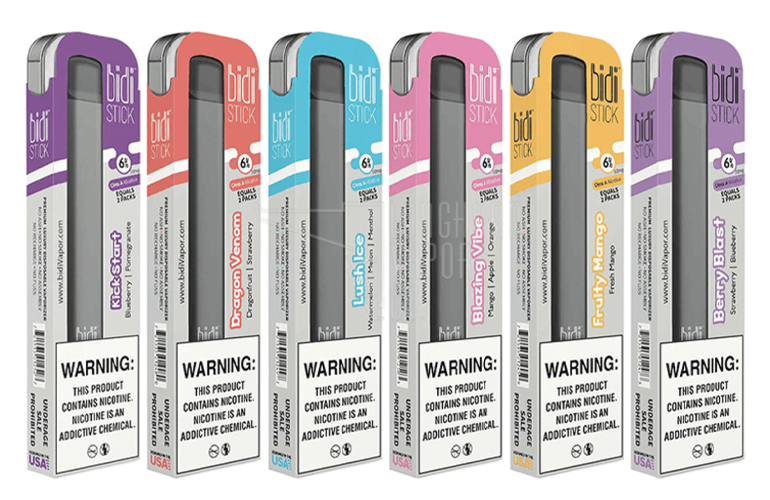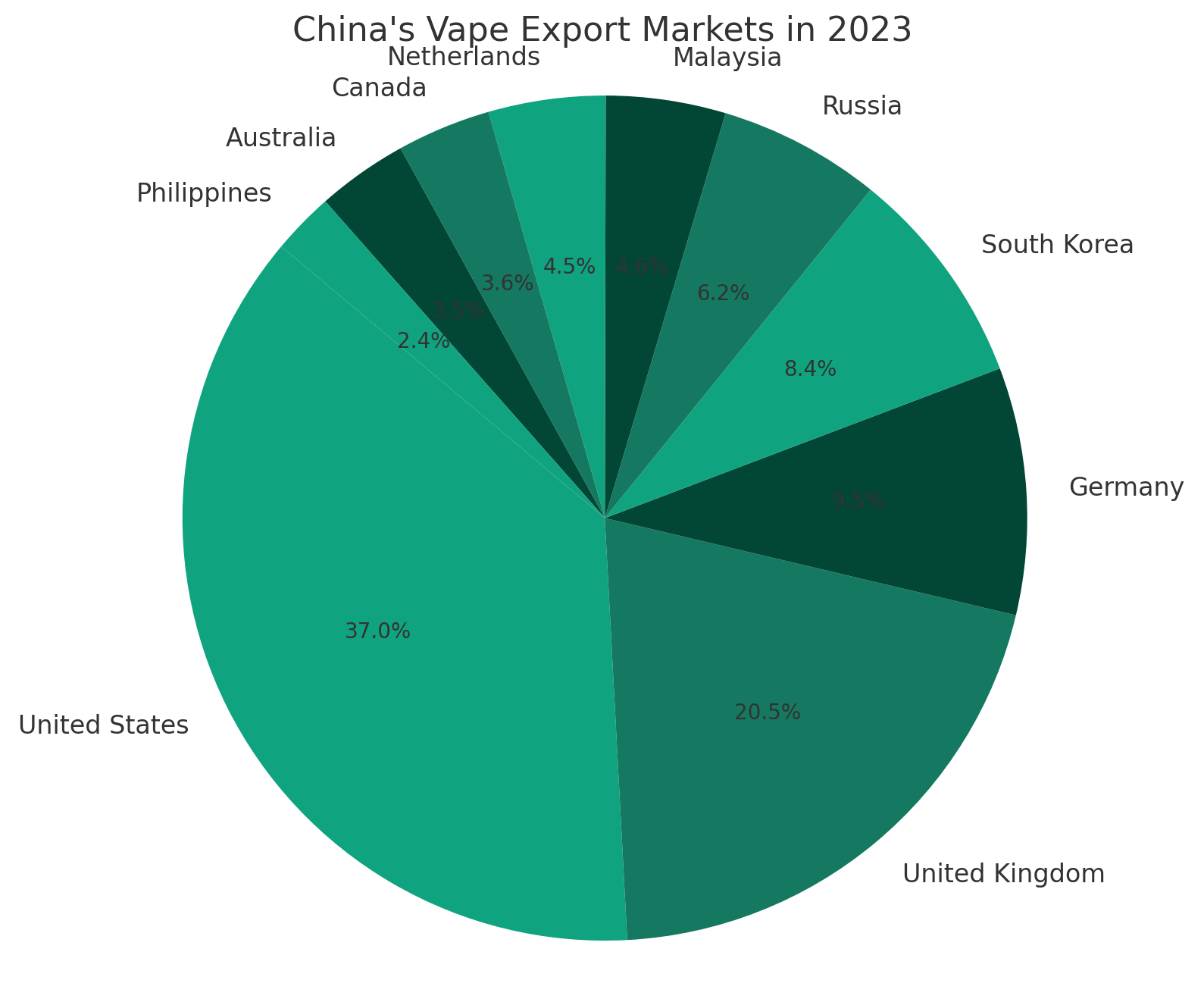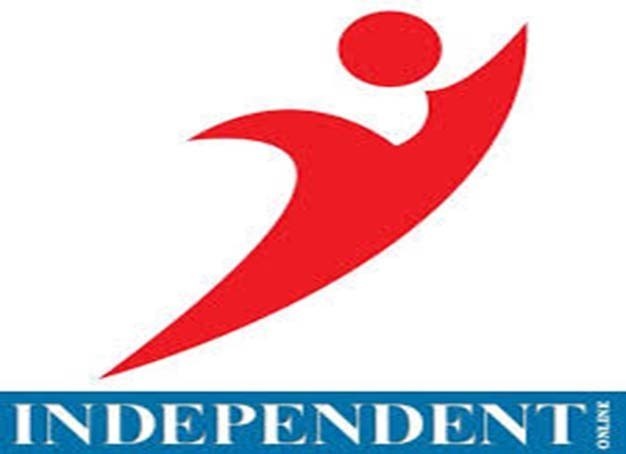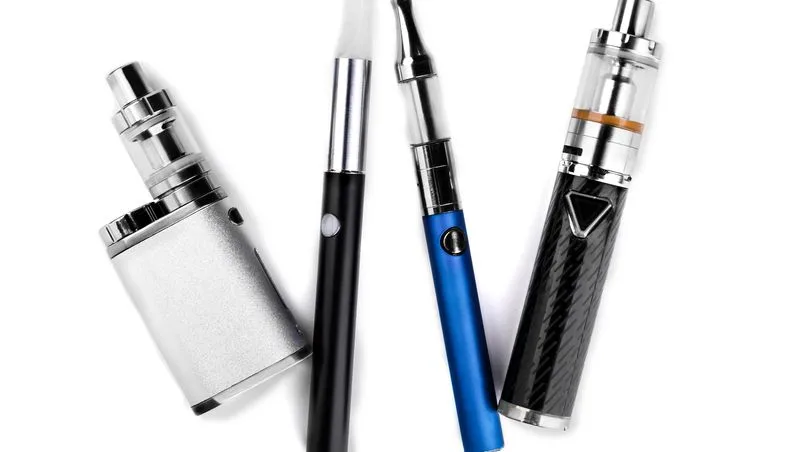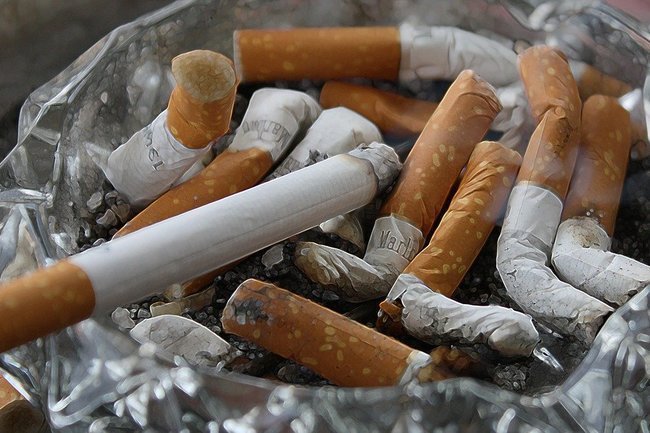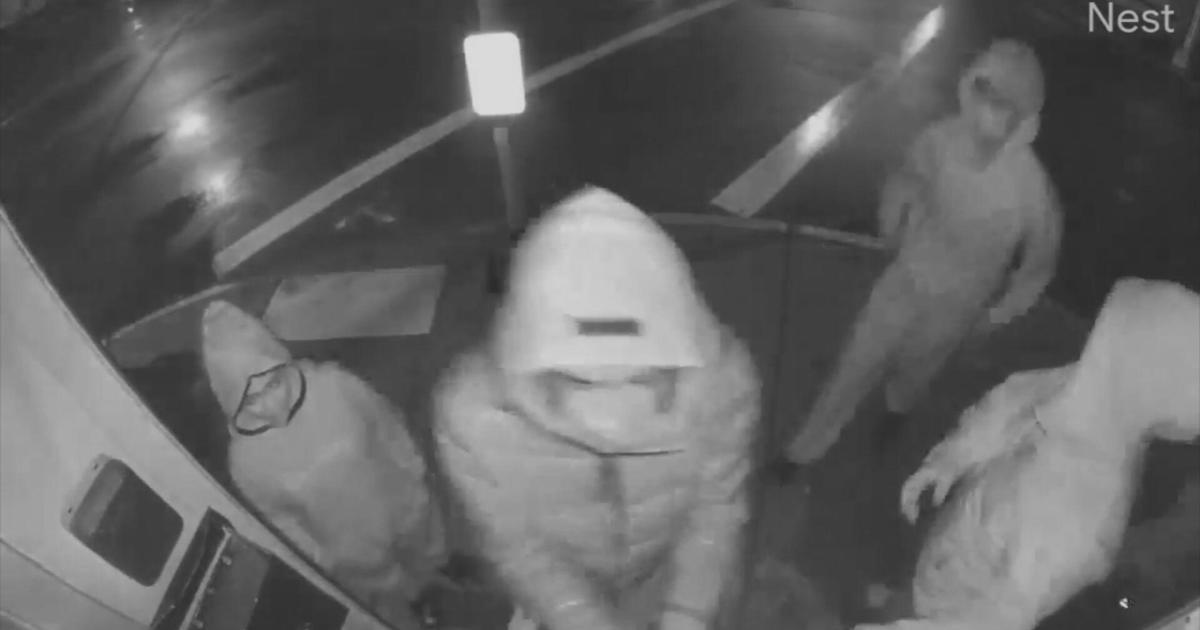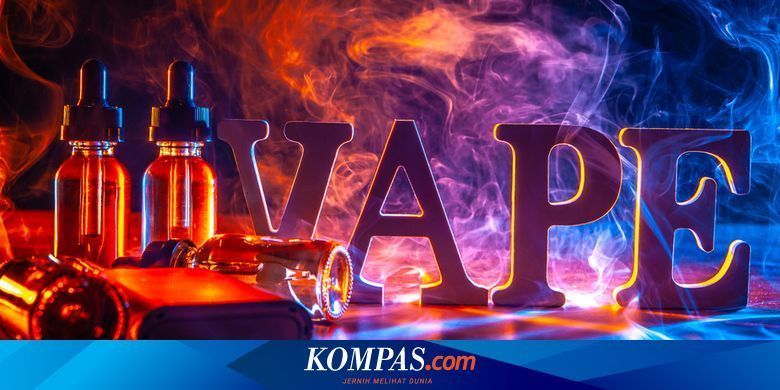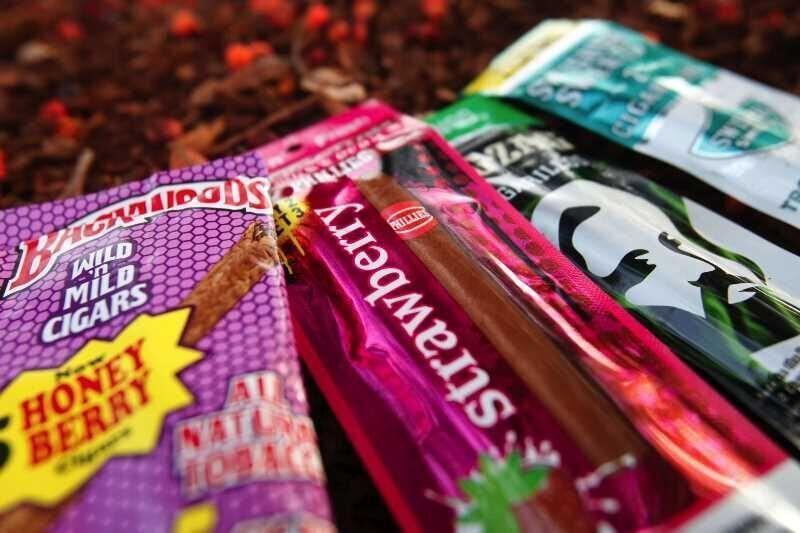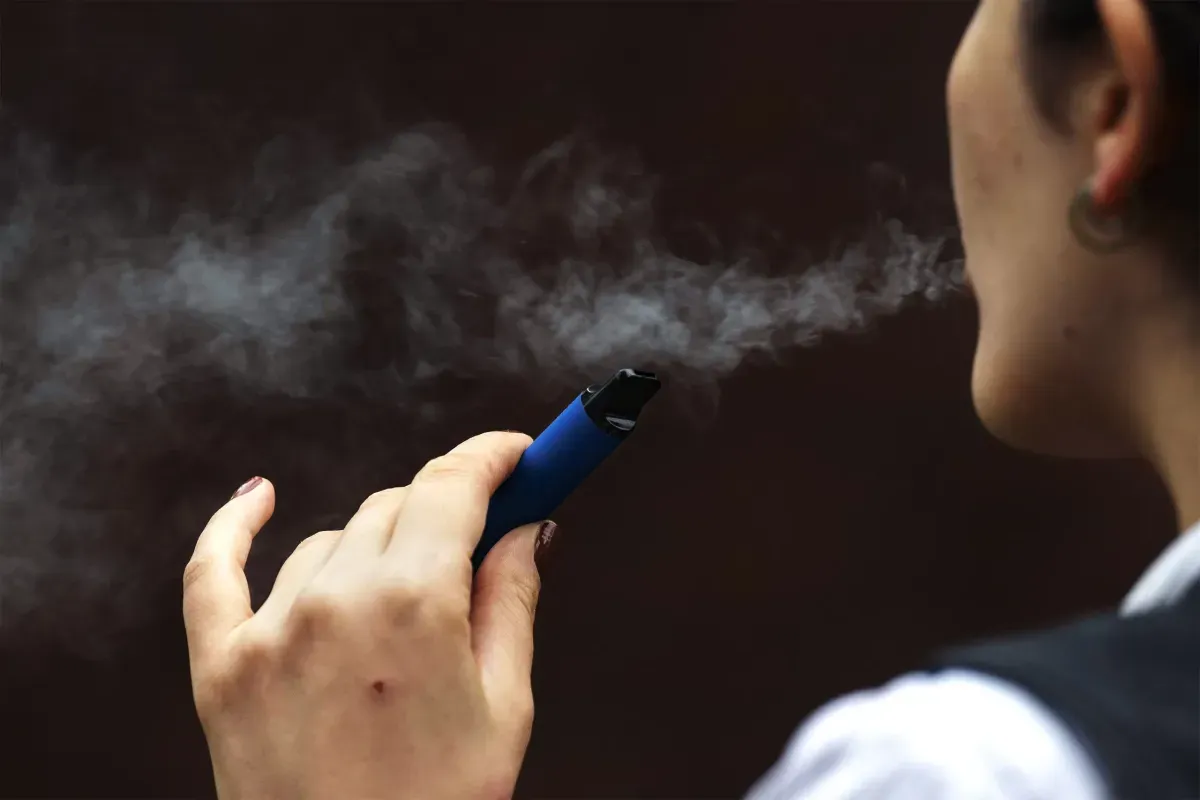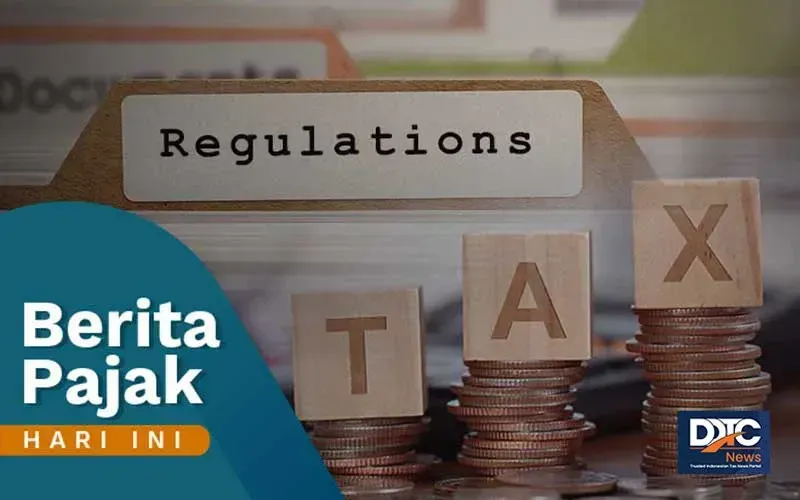Indonesia, home to over 70 million combustible cigarette smokers, has seen a significant transformation in its vaping landscape. The country’s approach to regulating e-cigarettes and vaping products has evolved over the years, reflecting a complex interplay of public health concerns, economic considerations, and cultural factors. Here’s a detailed look at Indonesia’s vape laws:
1. The Early Days: A Ban on E-Cigarettes
In 2010, Indonesia implemented a law banning the import, sale, possession, and use of e-cigarettes. However, this ban was widely flouted, leading to a thriving vape market. Vape stores were reportedly found on every corner, and the government’s efforts to curb vaping seemed ineffective.
2. A Shift in Regulation: Licensing and Taxation
In 2017, the Indonesian government decided to allow the use of e-cigarettes, introducing a licensing system, product standards, and taxation. E-liquids were classified as tobacco products, and devices for vaping were classified as consumer products.
3. Excise Tax on E-Cigarettes
The government imposed an excise tax of 57% on e-cigarettes and other tobacco products, delayed until October 1, 2018. This move was overtly motivated to protect tobacco farmers, encourage traditional cigarette smoking (kreteks), and deter vaping. Kreteks make up around 95% of all cigarettes smoked in Indonesia.
4. Challenges and Opportunities
While the regulatory environment has become more favorable for vaping, challenges persist. Logistics problems, lack of e-cigarette machinery, and a “workers’ gap” can create staff training and production concerns. However, the expansion of the e-cigarette industry in Indonesia is seen as a “spillover” rather than “migration,” promising greater economic success.
5. Public Health Concerns
The National Commission for Tobacco Control has urged the government to regulate and restrict the distribution, marketing, and consumption of e-cigarettes, arguing that they are as harmful as regular cigarettes.
Conclusion: A Dynamic Landscape
Indonesia’s vape laws represent a dynamic and evolving landscape. The shift from an outright ban to a more regulated approach reflects a nuanced understanding of the vaping industry’s potential benefits and risks.
If you’re interested in exploring the latest trends and products in the vaping industry, don’t miss the upcoming IECIE Vape Show. With a commitment to safety and compliance with regulations, you are totally safe to join the IECIE vape show, a platform that brings together industry leaders, innovators, and enthusiasts.


